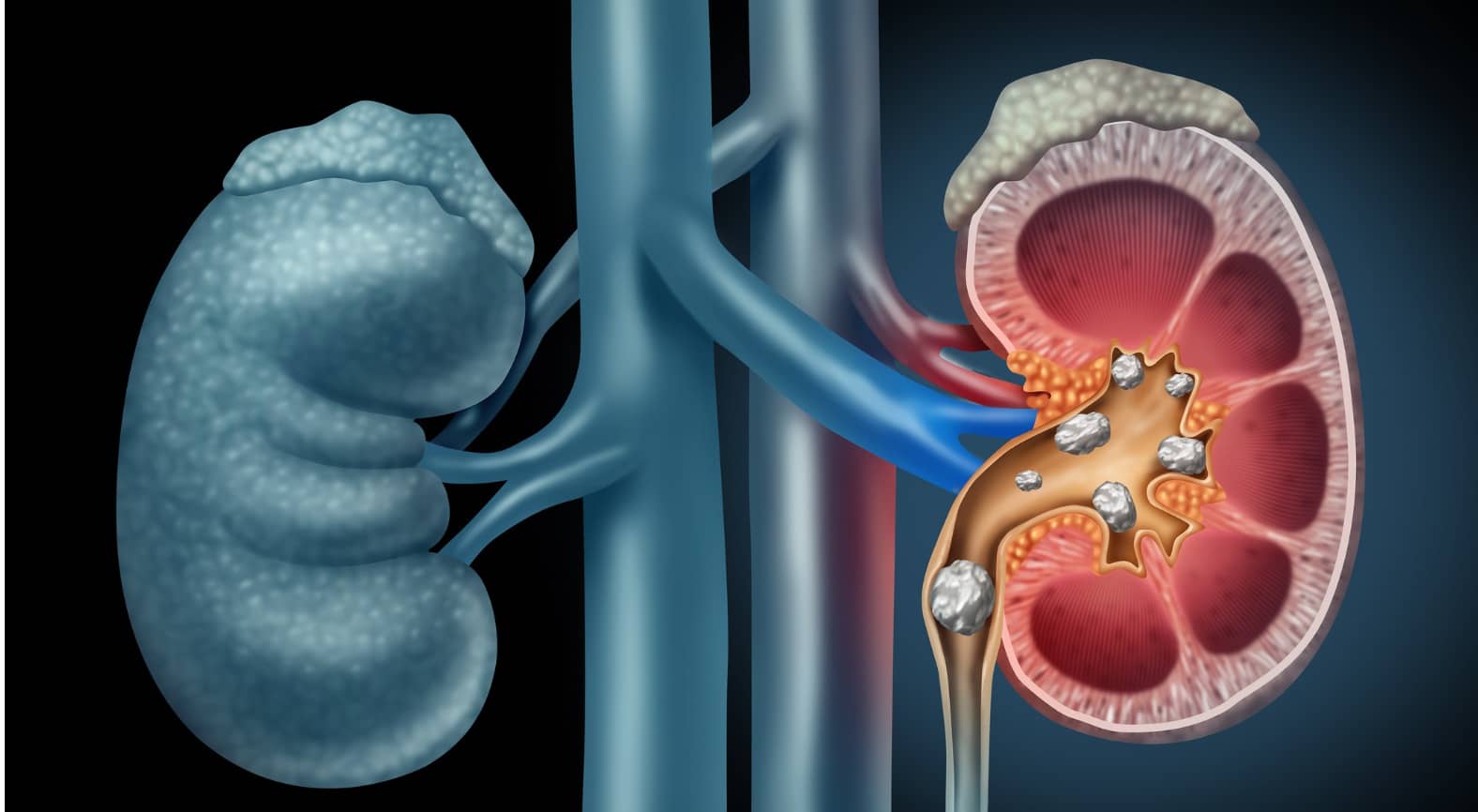Have you ever wondered how your kidneys are able to filter so much blood in such a short period of time? Healthy kidneys filter about half a cup of blood every minute to eliminate waste and other toxins from your body. Your kidneys can do so because of your glomeruli, tiny filters that regulate what proteins and blood your body needs and what toxins must be passed into your urine. Glomerular diseases are a group of conditions that can affect the glomeruli, damaging the filters and significantly interfering with kidney function.
Symptoms of Glomerular Disease
Glomerular diseases may present as a number of different symptoms, such as changes in urination, weakness, or nausea. Other signs may include:
- Edema: swelling in different parts of your body
- Hematuria: blood in your urine, sometimes appearing pink or light brown
- Albuminuria: large quantities of protein in the urine, may appear foamy
- Hypertension: high blood pressure
Your symptoms will vary depending on the exact cause of your glomerular disease.
Causes of Glomerular Diseases
Glomerular conditions usually develop as a result of other infections, drugs, or diseases in your system that can distress the glomeruli. Certain infections can lead to inflammation or scarring of the glomeruli, causing them to be less effective. Inflammation and scarring can be detrimental to kidney function because it causes the filtering membranes in the glomeruli to become thickened and stiff, making it harder to do their job of filtering out waste and excess fluid from the blood.
Some of the most common underlying diseases that can lead to the development of glomerular diseases include:
- Autoimmune diseases: lupus, Goodpasture’s syndrome, IgA nephropathy
- Sclerotic conditions: hypertension, diabetic nephropathy
- Vasculitis: polyarteritis, granulomatosis with polyangiitis
- Infections: HIV, viral kidney infections, bacterial endocarditis
There are a few cases where glomerular disease may be idiopathic, meaning no exact cause can be identified.
Diagnosing Glomerular Diseases
To diagnose glomerular diseases, your provider at the Kidney and Hypertension Center will initially order urine and blood tests. A urine test can reveal if there are excess levels of protein or red blood cells that should not be present, while a blood test can show if there are higher levels of waste and toxins in the bloodstream than there should be.
In some cases, a kidney biopsy may be performed, which is a procedure in which a small sample of tissue from the kidney is removed and examined under a microscope. A kidney biopsy is performed to confirm a diagnosis and assess the degree of damage.
Treatment for Glomerular Diseases
Once your healthcare provider makes a diagnosis, they will prescribe a form of treatment, depending on the underlying cause of your disease. Treatment aims to alleviate your symptoms and mitigate the damage to your kidneys. Although there is no specific treatment for glomerular diseases, your doctor may recommend:
- Diuretics to manage swelling
- Corticosteroids to slow your immune system
- ACE inhibitors to regulate your blood pressure and protein loss
- Diet changes to consume less salt
If not treated quickly, glomerular diseases can cause chronic kidney disease, which can eventually lead to total kidney failure. The development of kidney disease may occur suddenly or gradually, which is why it’s essential to treat glomerular diseases as soon as initial signs arise.
Preventing Glomerular Diseases
The best treatment is always prevention, which is why you may want to make certain lifestyle changes to optimize your kidney health, especially if you are at risk of developing glomerular diseases. Some ways you can maintain your kidney’s health are:
- Uphold a healthy weight
- Limit salt intake
- Manage your blood pressure
- Regulate your blood sugar if you have diabetes
- Avoid tobacco use
Contact The Kidney and Hypertension Center
At the Kidney and Hypertension Center, we understand the importance the kidneys have on your day-to-day life. With our specialized nephrologists, we can diagnose and help treat any problems affecting the kidneys and glomeruli. If you believe that you or a loved one may be suffering or at risk for developing a type of glomerular disease, contact us today at (833) 247-3625.




